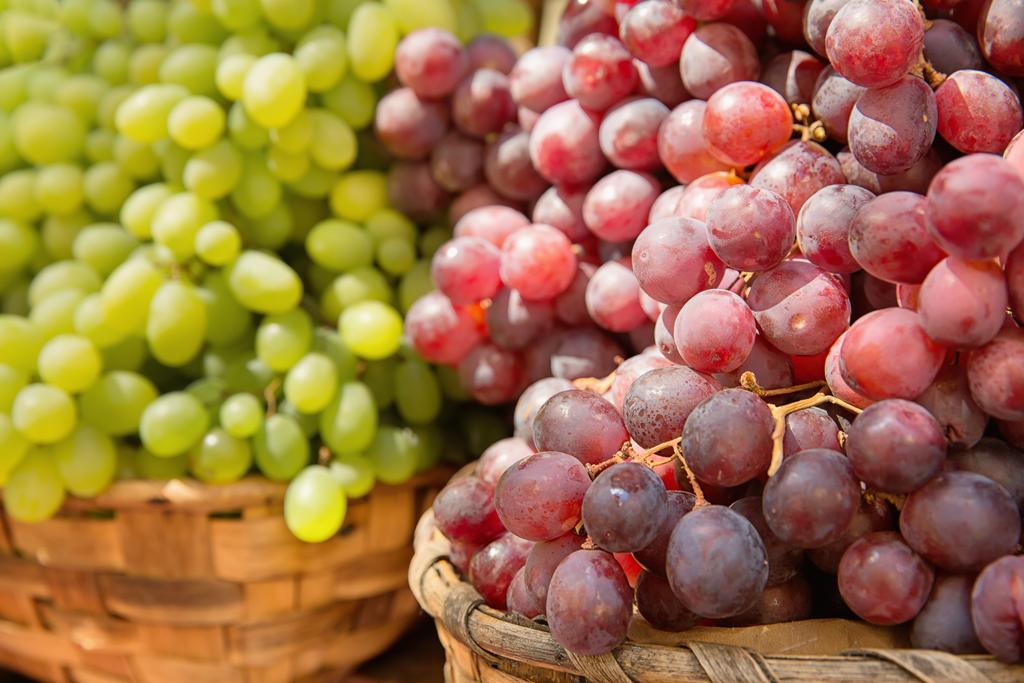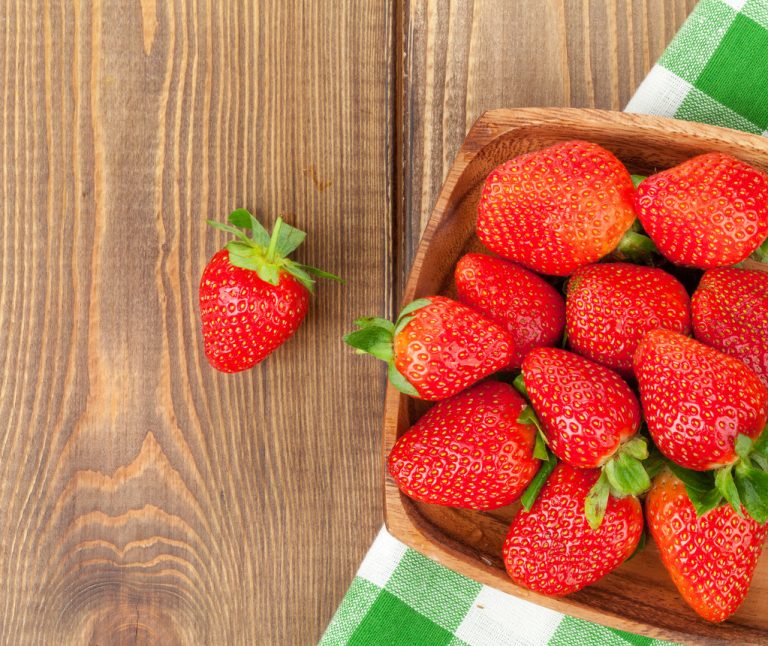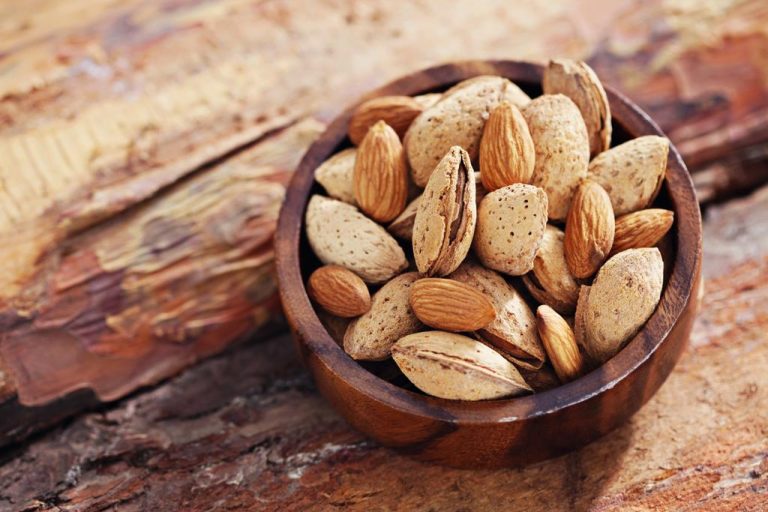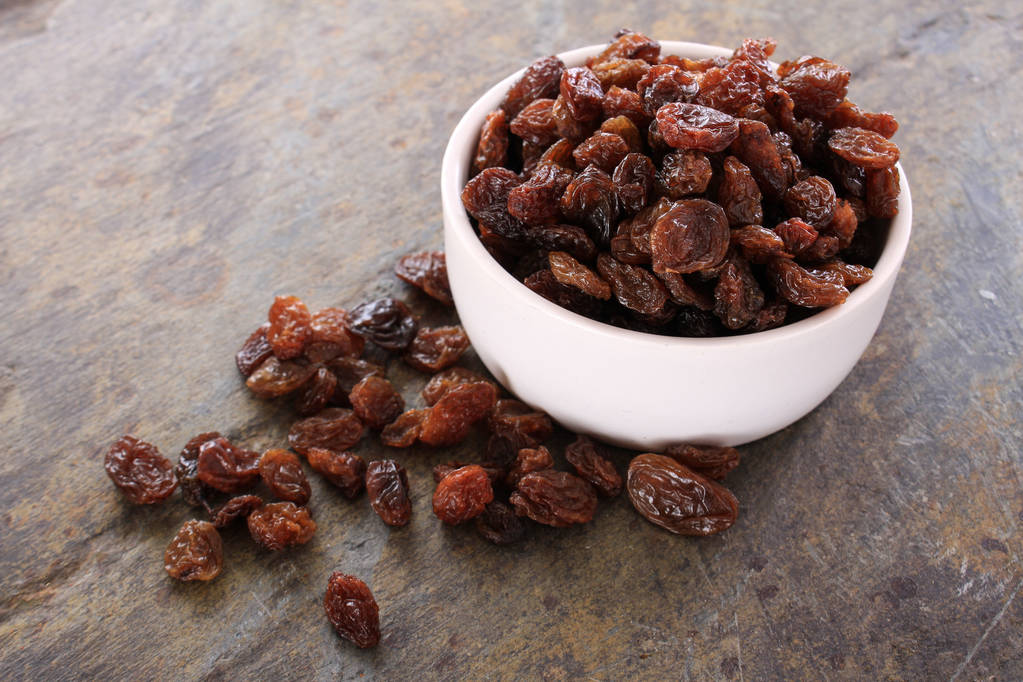Especially in autumn and winter it is not advisable to buy fruit and vegetables indiscriminately. What looks harmless and tasty at first glance can even be harmful to health on closer inspection. We explain which 11 foods you should better avoid.

Diet in autumn and winter: These 11 foods are bad for you, those around you and the environment
Even in autumn and winter, our refrigerators and fruit baskets are well stocked. But: often with the “wrong” foods. Anyone who is mindful when shopping is not only doing something good for their own health, but also for the environment and those around them.
1. Strawberries
Unsurprisingly, strawberries are no longer in season in autumn and winter and therefore mainly come from abroad, such as Spain. However, these plantations have often been criticized for exploitative working conditions, massive use of pesticides and questionable irrigation methods. Be careful with strawberries from Germany. In this country, these only mature with considerable electricity consumption and are therefore not an environmentally friendly alternative.
2. Imported apples
Imported apples are generally not recommended and basically unnecessary. In any case, fresh apples from the region are available until mid-December, which do not have to be refrigerated using a lot of energy.
3. Green salad
Lettuce, iceberg lettuce or Batavia are less recommended in autumn and winter. They come from heated greenhouses and end up in the store “immature”. They not only contain less taste, but also fewer nutrients such as vitamins and phytochemicals and should therefore ideally not be consumed at all.
Fortunately, other salads are in season: lamb’s lettuce, chicory, endive or purslane can end up on our plates without worry.
4. Imported nuts
Unfortunately, many types of nuts also come from abroad and should therefore be avoided. However, we also grow nuts: walnuts and hazelnuts are particularly recommended and healthy.
5. Conventional citrus fruits
Residues of pesticides and preservatives are repeatedly found in conventional citrus fruits such as oranges, tangerines and lemons. Manufacturers often cheat and write “untreated” on their goods, even though they use pesticides. Prefer to buy fair trade organic fruit.
6. Conventional ACE juice
Many people like to drink an ACE juice in the morning and hope that they will do something good for themselves. But the fruit content in normal ACE juice is only between 20 and 60 percent. Water, sugar or sweeteners are often added. However, the added vitamins usually come from the laboratory and are therefore not necessarily recommended. If you like to drink fruit juices, it is best to use organic not-from-concentrate juices.
7. Tomatoes
Tomatoes are very popular. Unfortunately, in the cold season, almost all of them come from Spain, France or the Netherlands, where they are grown in greenhouses. The better alternative: organic tomatoes from the jar. These are harvested when ripe and therefore taste a lot better than imported goods.
8. Cucumbers
Cucumbers are also not recommended in autumn and winter. They are in season with us from June to the end of October. The imported goods have fewer healthy nutrients and long transport routes. You can often find cucumbers in the supermarket only wrapped in plastic so that they are better protected during transport.
9. Zucchini
Although the zucchini belongs to the pumpkin family, it is only in season from June to the end of October. Therefore: Better to use Hokkaido or Butternut. These are also available from us until December.
10. Conventional tea
Exploitation, discrimination and poverty are the order of the day in conventional tea plantations. Therefore, you should be particularly careful when shopping for tea. It is best to only buy black and green tea from fair trade and with the EU organic seal.
11. Imported Grapes

We also have to say goodbye to delicious grapes. From November, grapes mostly come from South Africa, India, Chile, Peru or Brazil. Conventional grapes are also often heavily contaminated with pesticides. Grapes should therefore primarily be bought regionally, during the season and in organic quality.




